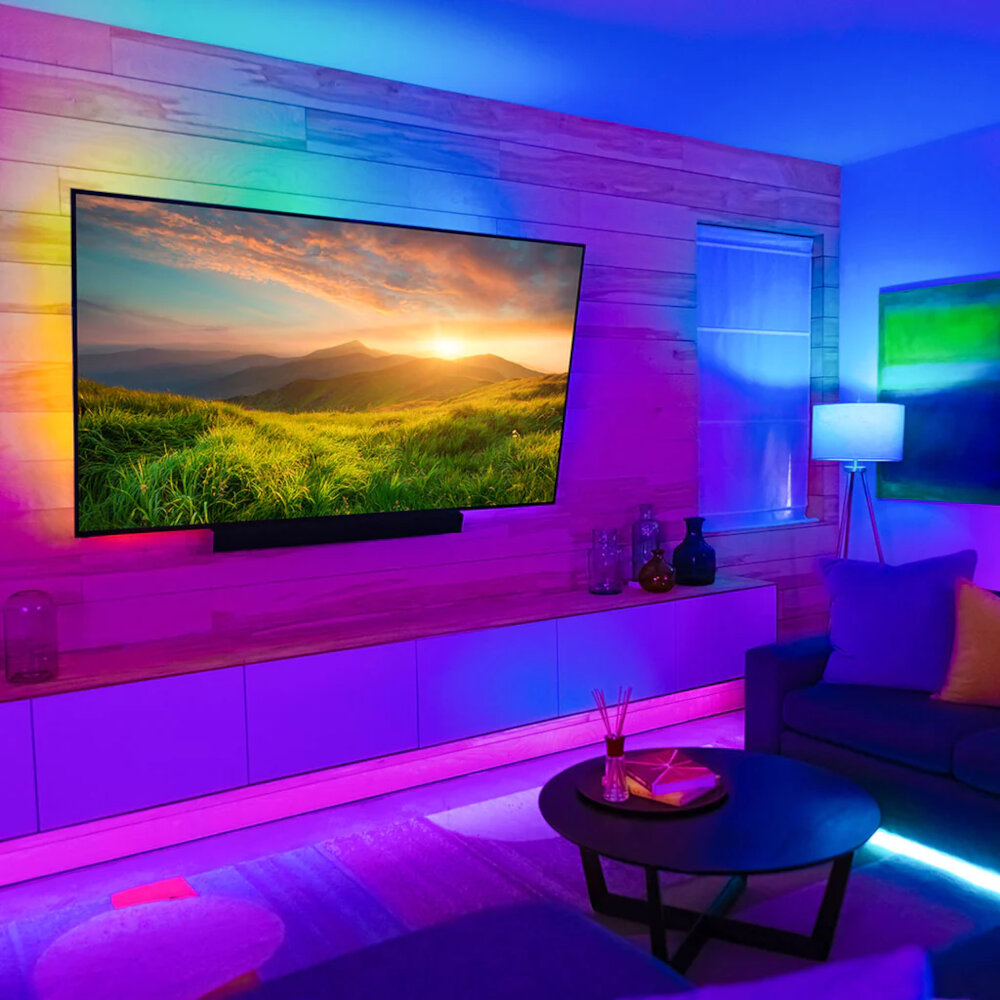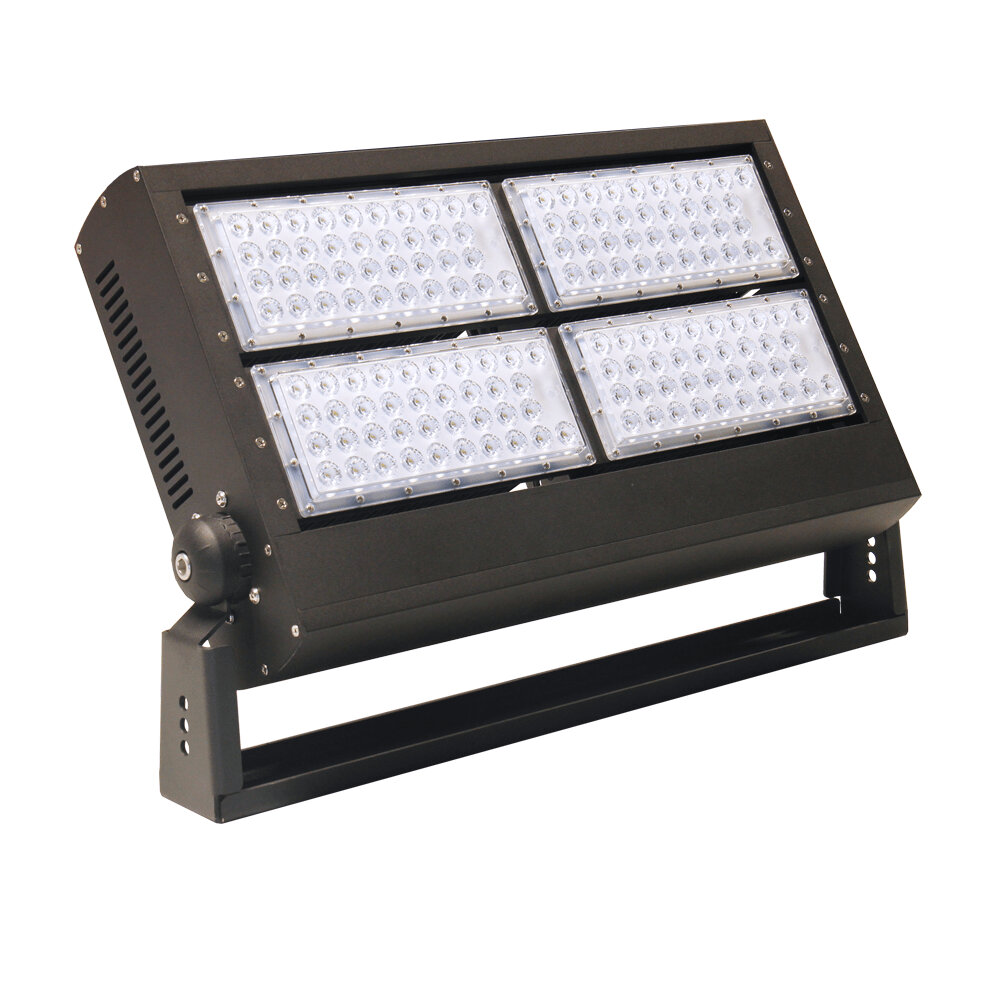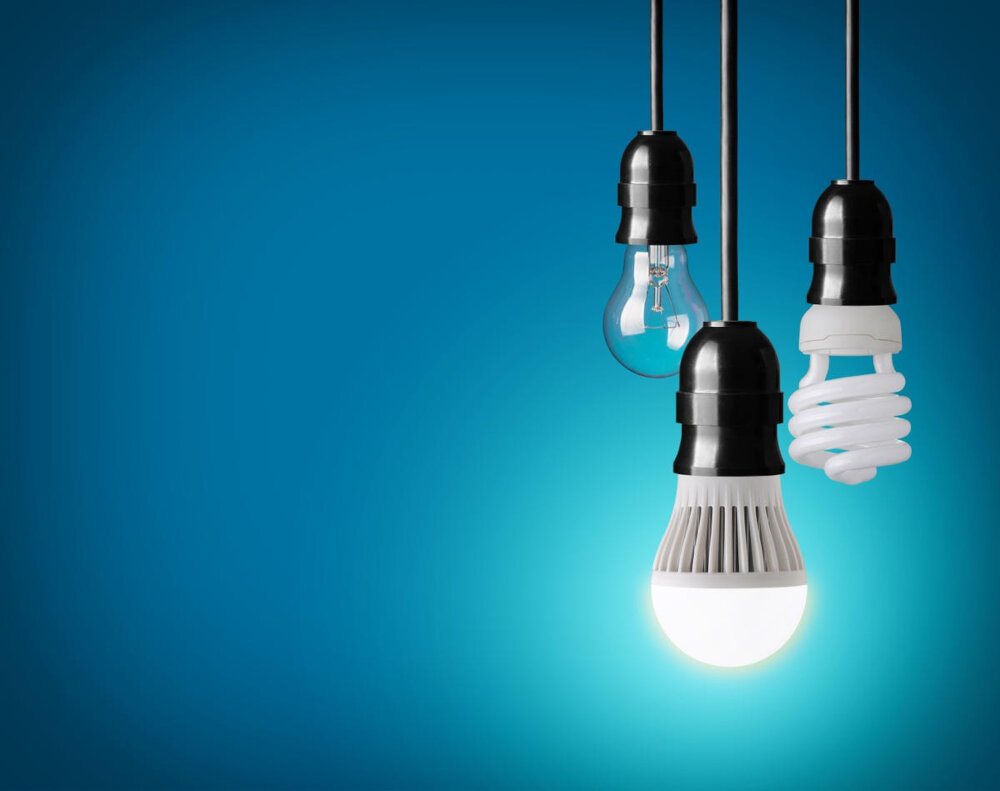Revamp Your LED Light Control: Mastering How to Reprogram Your Remote

Have you ever found yourself struggling with the limited settings of your LED light remote? Do you wish you could have more control over your lighting system? Look no further! Reprogramming your LED light remote is the solution to your problem. By mastering the art of reprogramming, you can unleash the full potential of your LED lights and create custom lighting settings that suit your preferences. LED lights have become increasingly popular in households and businesses due to their energy efficiency and longevity. However, the standard remote controls that come with these lights often have limited settings and do not allow for customization. Reprogramming your LED light remote can help you take full advantage of the versatility of LED lights and create the ambiance you desire. Whether you want to dim the lights for a cozy movie night or brighten up your workspace for productivity, reprogramming your LED light remote can transform the way you experience lighting.
LED light control refers to the ability to adjust and manipulate the lighting settings of LED lights through a remote control or mobile application. This technology allows users to change the color, brightness, and even set schedules for their LED lights with ease. The benefits of LED light control are numerous. It enhances the ambiance of a space by creating the desired mood, saves energy by allowing users to turn off lights remotely, and can even increase productivity by adjusting the lighting levels for different tasks. With the ability to reprogram the remote, users can master LED light control and create a personalized experience in their home or workspace.
Reprogramming your remote is an essential step in revamping your LED light control system. This process allows you to synchronize your remote with your LED lights, giving you more control over the brightness and color of your lights. It’s important to note that reprogramming your remote is not only necessary when you purchase new LED lights, but also when you want to add more lights to your existing system. Without reprogramming, your remote may not be able to recognize the new lights, resulting in a lack of control or improper functioning. By taking the time to reprogram your remote, you can ensure that your LED light control system is working efficiently and effectively, giving you the perfect ambiance for any occasion.
Understanding Your Remote

Understanding Your Remote is crucial to get the most out of your LED light control system. A remote control is a device that directs your LED light to perform specific functions. It is essential to understand how your remote works and the different buttons and functions it has. Some remotes use basic functions like on/off, brightness, and color adjustments. Others come with advanced functions like preset modes, timers, and scenes. Knowing what each button does can save you time and make your LED light control experience more enjoyable. An important aspect of understanding your remote is learning how to reprogram it. Reprogramming your remote is an effective way to customize your LED light control system to suit your needs. Reprogramming your remote can be done through the manufacturer’s app or by following the instructions in the user manual. This process allows you to add more functions and features to your remote, such as preset modes and timers. By mastering the art of reprogramming your remote, you can take full control of your LED light system and create a personalized experience that matches your preferences.
There are several types of remotes available for controlling LED lights, each with its own unique features and functions. The most basic type of remote is the single-color remote, which is used to control the brightness and color of a single LED bulb. Multi-color remotes, on the other hand, allow users to control the color, brightness, and mode of multiple bulbs simultaneously. Some remotes also come with added features such as timers and memory functions, which allow users to program their lights to turn on and off at specific times or remember their preferred settings. Additionally, there are wireless remotes that can be connected to a smartphone or tablet, providing even more control and customization options. Overall, the choice of remote depends on the user’s specific needs and preferences.
To fully revamp your LED light control, it is important to understand the buttons and functions on your remote. The remote is the key to controlling the ambiance in any room, so understanding its various features is essential. The layout of the remote can vary, but typically it will have buttons for power, brightness, color, and mode. The power button turns the lights on and off, while the brightness button allows you to adjust the intensity of the light. The color button changes the color of the light, and the mode button switches between different lighting effects. Familiarizing yourself with these features will allow you to fully master your LED light control and create the perfect atmosphere for any occasion.
Reprogramming Your Remote

Reprogramming your remote is a simple process that can help you take control of your LED light system. With this skill, you can change the settings on your remote and customize the way your lights operate. There are several steps involved in reprogramming your remote, but with a little bit of patience and practice, you can master this technique in no time. First, you’ll need to locate the manual that came with your remote. This manual will contain the instructions you need to follow in order to reprogram your remote properly. Once you’ve found the manual, read through it carefully and make sure you understand all of the steps involved. If there are any parts of the process that you’re unsure about, don’t hesitate to ask for help from a professional or a friend who has experience with this type of task. After you’ve read through the instructions and have a good understanding of the process, it’s time to start reprogramming your remote. One of the first steps is to ensure that your remote is in the correct mode. This can usually be done by pressing a specific button on the remote, such as the \mode\ or \function\ button. Once you’ve done this, you’ll need to follow the instructions in the manual to input the new settings for your LED light system. This may involve pressing a series of buttons in a specific sequence or using a specific code to input the new settings. With some practice and patience, you’ll be able to reprogram your remote and take control of your LED light system like a pro.
Reprogramming your remote may seem like a daunting task, but with a step-by-step guide, it can be a breeze. Begin by checking the manufacturer’s instructions for your remote to ensure you have the correct information. Next, locate the reset button on your remote and press it. Once you’ve done this, hold down the button you wish to reprogram and wait for the LED light to flash on your remote. Then, press the button on your LED light that corresponds with the button you’re reprogramming on your remote. Wait for the LED light to flash again and release both buttons. Finally, test the button to confirm that it’s been successfully reprogrammed. With this simple guide, you’ll be able to revamp your LED light control in no time.
Reprogramming your remote can be a daunting task, but with the right tips and tricks, you can master it in no time. First and foremost, make sure you have the correct remote and that it is compatible with your LED lights. Secondly, read the instructions carefully and follow them step by step. It’s important to be patient and not rush through the process. If you encounter any issues, don’t hesitate to consult the user manual or contact customer support for assistance. Additionally, try to avoid distractions and ensure you have a stable internet connection to prevent any interruptions during the reprogramming process. By following these tips and tricks, you’ll be able to successfully reprogram your remote and have full control over your LED lights.
Troubleshooting Your Remote

If you’re having issues with your remote control, there are a few steps you can take to troubleshoot the problem. First, make sure the batteries are fresh and properly inserted. If the batteries are old or inserted incorrectly, the remote may not work at all or may work intermittently. If you’ve confirmed the batteries are good, you can try resetting the remote by removing the batteries and pressing all of the buttons on the remote at least once. Then, replace the batteries and try using the remote again. If the remote still isn’t working, you may need to reprogram it. Reprogramming your remote can be a bit tricky, but it’s worth it if you’re having persistent issues. Start by checking the user manual for your remote to see if there are specific instructions for reprogramming. If you don’t have the manual, you can usually find it online by searching for the make and model of your remote. Once you have the instructions, follow them carefully, making sure to press the correct buttons in the correct order. If you’re still having issues after reprogramming the remote, you may need to contact the manufacturer for further assistance.
LED light remotes have become an essential tool for controlling lighting fixtures with ease and convenience. However, they can encounter several issues that can make them malfunction. One common problem is the remote not working, which can be due to a dead battery, faulty remote, or interference from other electronic devices. To fix this, replace the battery, try using a different remote, or move the electronic devices away from the remote’s range. Another issue is the remote not syncing with the LED lights, which can be resolved by reprogramming the remote or resetting the LED lights. It’s also crucial to ensure that the remote is compatible with the LED lights to avoid any compatibility issues.
Knowing when to seek professional help is crucial when it comes to revamping your LED light control system. If you have attempted to reprogram your remote but have not been successful, it may be time to bring in a professional. Additionally, if you are experiencing issues with your LED lights such as flickering or malfunctioning, seeking the help of a professional is recommended. It is important to remember that attempting to fix electrical issues without proper training and knowledge can be dangerous and potentially lead to further damage or harm. By seeking professional help, you can ensure that your LED light control system is functioning properly and safely.
Advanced LED Light Control

Advanced LED Light Control is the next step in the evolution of lighting technology. It involves the use of sophisticated controllers that can be programmed to adjust the intensity, color, and timing of the LED lights. With advanced LED light control, you can create a variety of lighting effects that can enhance the ambiance and functionality of any space. Whether you want to create a warm and cozy atmosphere in your living room or a bright and dynamic environment in your office, advanced LED light control can help you achieve your lighting goals. To take advantage of advanced LED light control, you need to master the art of reprogramming your remote. This involves learning how to use the various features and functions of your controller to create custom lighting schemes that meet your specific needs and preferences. Some of the key elements of reprogramming your remote include understanding the different modes and settings available on your controller, learning how to use the programming software that comes with your device, and experimenting with different lighting scenarios to find the perfect balance of brightness, color, and timing. With a little bit of practice and experimentation, you can become a master of advanced LED light control and take your lighting game to the next level.
Advanced LED light control systems are a highly sophisticated and intelligent way to manage your LED lighting. These systems utilize cutting-edge technology to offer a wide array of features, such as color-changing capabilities, dimming capabilities, and even the option to program your lights to turn on and off at specific times. These systems allow you to take full control of your LED lighting, ensuring that you get the exact lighting experience that you desire. With the ability to reprogram your remote, you can easily adjust your lighting to suit your changing needs, making these advanced LED light control systems a must-have for anyone looking to revamp their home or workplace lighting.
Integrating LED lights with smart home technology is a great way to enhance the ambiance of your living space. To get started, you’ll need to purchase smart LED light bulbs and a hub or bridge that’s compatible with your smart home system. Once you’ve installed the bulbs and connected the hub or bridge to your network, you can use the smart home app to control your lights from anywhere. You can also set up schedules or routines to automate your lighting, or use voice commands with a compatible smart speaker. With smart LED lights, you can easily adjust the brightness, color, and temperature of your lighting to match your mood or activity, all from the convenience of your smartphone or voice assistant.
Mastering LED light control is an essential skill for anyone who wants to create a comfortable and functional living space. With the right knowledge and tools, you can easily program your remote to control your LED lights and create the perfect ambiance in your home. Whether you want to brighten up a work area, create a relaxing atmosphere in your bedroom, or set the mood for a romantic dinner, LED light control gives you the power to do so. By reprogramming your remote, you can personalize your lighting preferences and make them work for you. This allows you to save energy, reduce your electricity bill, and create a more sustainable living environment. Overall, mastering LED light control and reprogramming your remote is a crucial step in creating a comfortable and functional home that reflects your personality and style.
To successfully control your LED lights, it is important to understand the programming and functions of your remote. Take the time to read the manual and familiarize yourself with the different settings and modes. Keep in mind that LED lights are sensitive to voltage fluctuations, so make sure your power supply is stable and properly grounded. Additionally, avoid overloading your controller with too many LED lights, as this can cause flickering or malfunctioning. Regularly update your firmware and check for any software updates or bug fixes that may improve performance. Finally, experiment with different color combinations and lighting effects to find the perfect ambiance for your space. With these tips in mind, you can confidently master your LED light control and transform your living space.
Conclusion

In conclusion, reprogramming your LED light remote control is a valuable skill that can improve your lighting experience and make your life easier. By mastering this skill, you can customize your lighting settings, save energy, and extend the lifespan of your LED lights. With patience and attention to detail, you can revamp your LED light control in no time. So, don’t hesitate to explore the possibilities of reprogramming your remote and take control of your lighting environment. Your LED lights will thank you with enhanced brightness, improved efficiency, and greater longevity.




